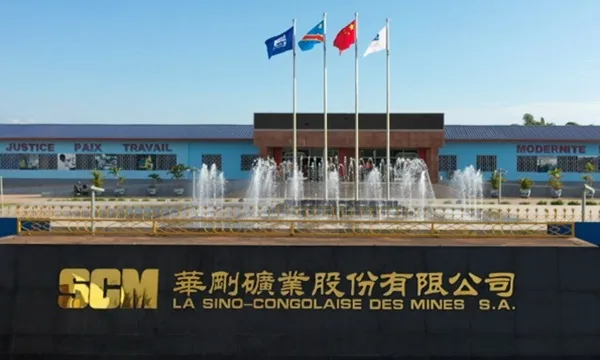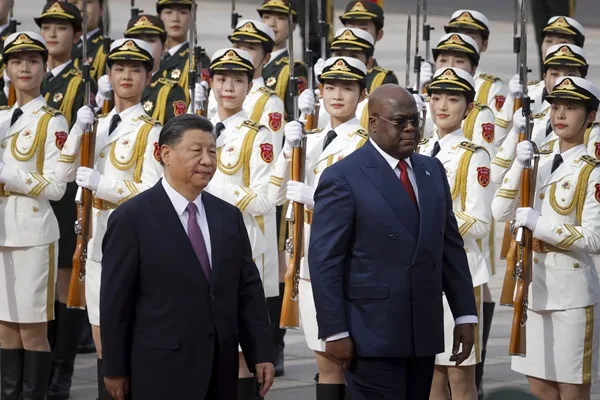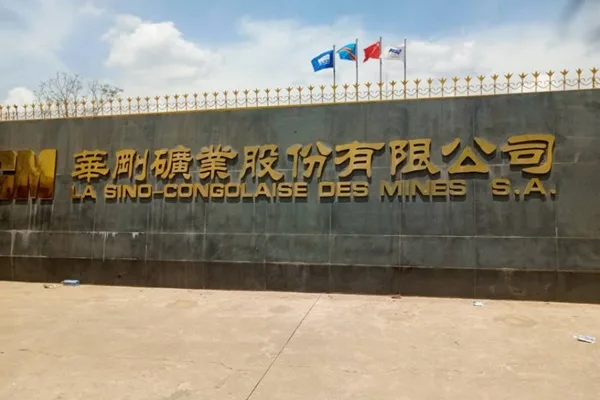Congo Kinshasa Revamps ‘Deal of Century’ with China
In an announcement towards the end of January 2024, Democratic Republic of Congo (DRC) President Felix Tshisekedi declared that a ‘new deal’ has been struck with China over the ‘infrastructure-for-resources’ swap signed back in 2008.
Back then, the deal was hyped as the ‘Deal of the Century’ and basically involved the exchange of minerals for infrastructure. According to the new arrangement, the two Chinese companies — namely SinoHydro and China Railway Group — have basically agreed to up their local investment level from USD 3 billion to 7 billion.
To put things in perspective, USD 7 billion represents nearly half of the national budget of the impoverished country with nearly 100 million population. In particular, the Chinese partners have agreed to build a total of 7,000 km of roads roughly worth USD 7 billion. The Chinese firms have committed to build at least 350 km per year over a period of twenty years.

Originally, the deal was for the two Chinese firms to build infrastructure worth USD 3 billion in DRC, then invest another USD 3 billion to develop copper and cobalt mining in Kolwezi. In exchange, the two Chinese companies would get a 68% stake in Sicomines, a Sino-Congolese JV where the Congolese SOE Gecamines retains the remaining 32%.
Harking back to the Opium Wars, President Tshisekedi made reference to the ‘unequal treaty’ signed by his predecessor Joseph Kabila. During a state visit to China in May 2023, he met and raised the issue with his Chinese counterpart President XI Jinping who appeared sympathetic to his plight and promised ‘high-quality partnerships’ in the future.
“China has made a lot of money from this deal and now, we need to rebalance the equation so that it becomes really win-win.”
DRC President Felix Tshisekedi

However, the Congolese side felt that it received the short end of the stick and thus commissioned a study report from the State Auditor — Inspectorate General of Finances (IGF) — to assess the true costs and benefits of this deal.
In short, the audit report uncovered that, whereas, the Chinese companies earned some USD 10 billion from mineral exports, ithey built infrastructure worth only USD 822 million. IGF went so far as to recommend for the Congolese government to renegotiate for infrastructure worth USD 20 billion in order to reflect ‘the real worth of the mining assets.’
In the new contract, the Congolese government will concede USD 100 million in tax exemptions annually for Sicomines. On the other hand, the Congolese government expects to receive USD 240 million in mining royalties per year from Sicomines.
Currently, the DRC supplies more than 60% of China’s cobalt which is one of the #CriticalMinerals that go into smartphones and Eletric Vehicles (#EV). By some estimates, Sicomines has so far already delivered USD 1.5 billion of infrastructure and the outstanding USD 5.5 billion will be implemented over the coming years.

